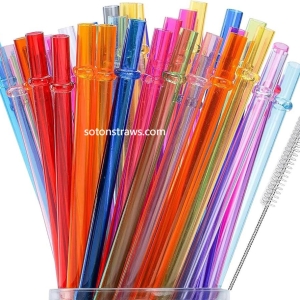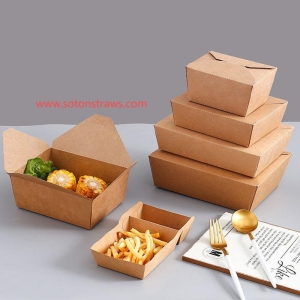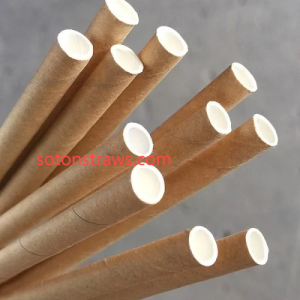Consumer commitment to sustainability drives the habitual placement of translucent plastic tubes into designated recycling containers. This act, performed millions of times daily, reflects a genuine desire to minimize waste associated with beverages. The PP Straw , crafted from polypropylene, carries the familiar resin code encouraging this action. However, this well-intentioned behavior collides with the stark limitations of real-world waste management systems. The disconnect arises not from lack of consumer effort, but from the significant technical and economic barriers preventing these specific items from being successfully recovered and transformed into new resources within existing frameworks.
The sheer scale and nature of the problem overwhelm collection and processing capacities. Volumes are astronomical, yet each individual piece is minuscule and possesses insignificant economic value. Recycling operates on economies of scale and requires material streams homogeneous enough to produce consistent, marketable recycled resin. Contaminated or mixed batches drastically reduce value and usability. Achieving pure, clean streams of solely colorless straws in sufficient tonnage for viable reprocessing is logistically near-impossible. Facilities prioritize higher-value, easier-to-process streams like PET bottles or HDPE containers. The lightweight nature leads to high loss rates during transportation and handling before reaching facilities, scattering them as litter or diverting them to landfill through pre-sorting. Material degradation during initial use and potential multiple washing cycles required for recycling further diminish the quality of the recovered polymer.
This systemic failure fosters significant environmental consequences. Millions of these items, despite being "recycled" by consumers, ultimately persist in landfills for centuries or fragment into microplastics, infiltrating ecosystems and food chains. Incineration releases carbon dioxide and potentially harmful emissions. The energy, water, and resources expended in their initial production and attempted sorting represent a net loss when recovery fails. The perpetuation of the "recyclable" label on these items hinders progress, delaying the adoption of genuinely sustainable alternatives that align with functional waste pathways. It creates a cycle of wasted effort, misplaced trust, and ongoing environmental harm disguised by hopeful symbols.
Progress demands solutions designed for the systems we have, not the idealized ones we wish for. This means embracing alternatives that either decompose safely in managed environments or integrate effectively into established reuse models. Innovation focuses on materials that biodegrade predictably under industrial composting conditions or dissolve harmlessly in marine environments if littered, breaking the persistence cycle. Performance remains paramount – any alternative must meet functional needs without compromise. Crucially, clear communication bridges the intention-action gap, educating users on proper disposal aligned with the product design's end-of-life intention.
Soton champions this necessary transition. We recognize the systemic shortcomings surrounding the conventional PP Straw and offer credible alternatives. Our expertise lies in developing durable, reliable sipping solutions that bypass the recycling dead end entirely. We utilize materials validated for composting or design for practical reuse schemes, ensuring a responsible conclusion to their lifecycle. Choosing Soton empowers your customers' good intentions with genuinely effective outcomes. Partner with us to move beyond symbolic gestures to tangible sustainability, providing beverage accessories that perform brilliantly and leave no lasting burden. Step away from the recycling charade with truly circular alternatives.click https://www.sotonstraws.com/product/biodegradable-straws/st101-paper-straws/ to reading more information.





